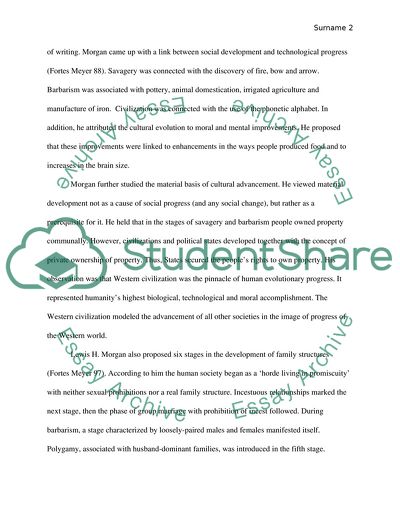Cite this document
(Role of Evolutionary Dimension in the Thought of Morgan, Marx and Durkheim Essay Example | Topics and Well Written Essays - 2000 words, n.d.)
Role of Evolutionary Dimension in the Thought of Morgan, Marx and Durkheim Essay Example | Topics and Well Written Essays - 2000 words. https://studentshare.org/anthropology/1866450-morgan-marx-and-durkheim
Role of Evolutionary Dimension in the Thought of Morgan, Marx and Durkheim Essay Example | Topics and Well Written Essays - 2000 words. https://studentshare.org/anthropology/1866450-morgan-marx-and-durkheim
(Role of Evolutionary Dimension in the Thought of Morgan, Marx and Durkheim Essay Example | Topics and Well Written Essays - 2000 Words)
Role of Evolutionary Dimension in the Thought of Morgan, Marx and Durkheim Essay Example | Topics and Well Written Essays - 2000 Words. https://studentshare.org/anthropology/1866450-morgan-marx-and-durkheim.
Role of Evolutionary Dimension in the Thought of Morgan, Marx and Durkheim Essay Example | Topics and Well Written Essays - 2000 Words. https://studentshare.org/anthropology/1866450-morgan-marx-and-durkheim.
“Role of Evolutionary Dimension in the Thought of Morgan, Marx and Durkheim Essay Example | Topics and Well Written Essays - 2000 Words”. https://studentshare.org/anthropology/1866450-morgan-marx-and-durkheim.


